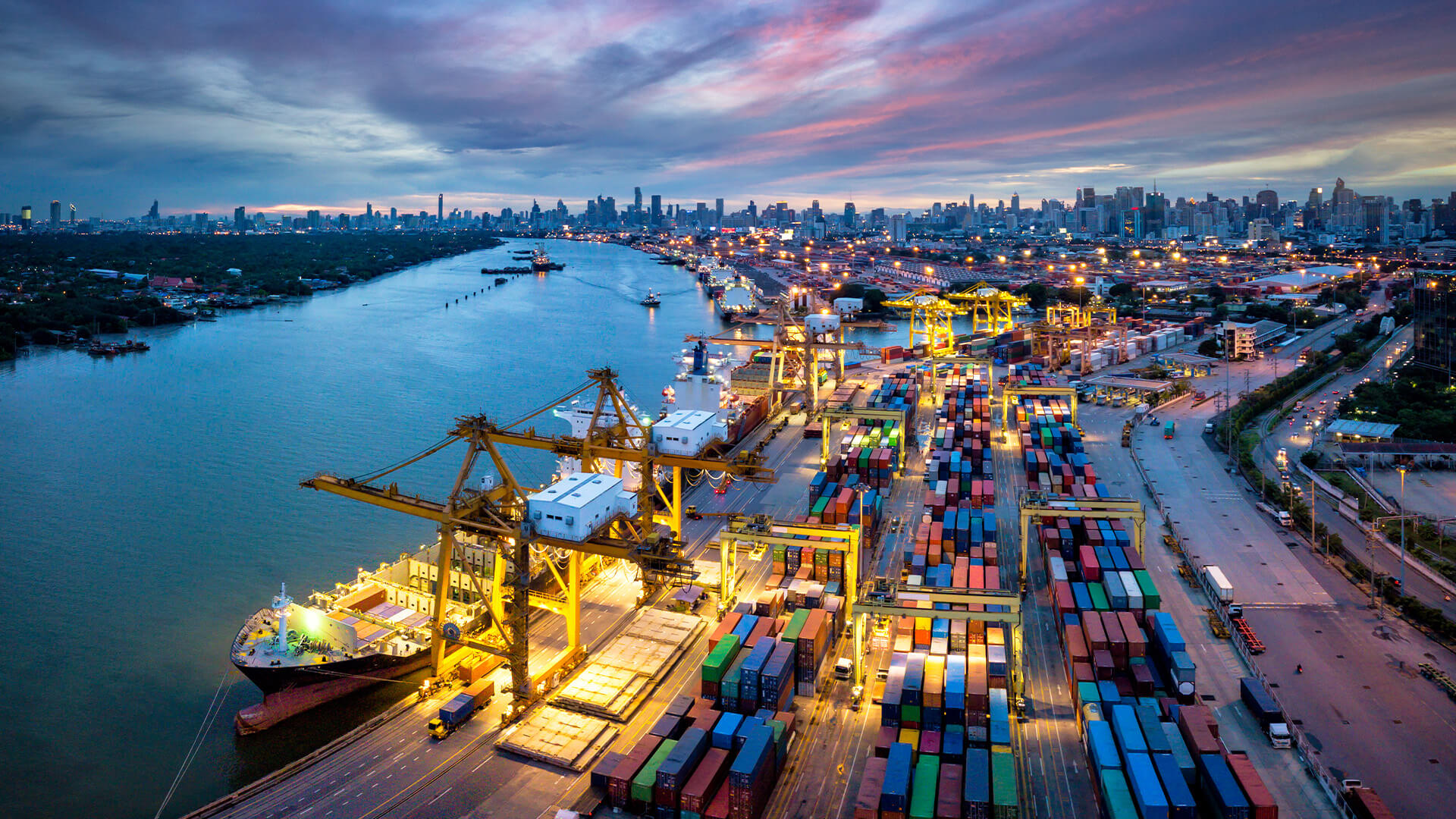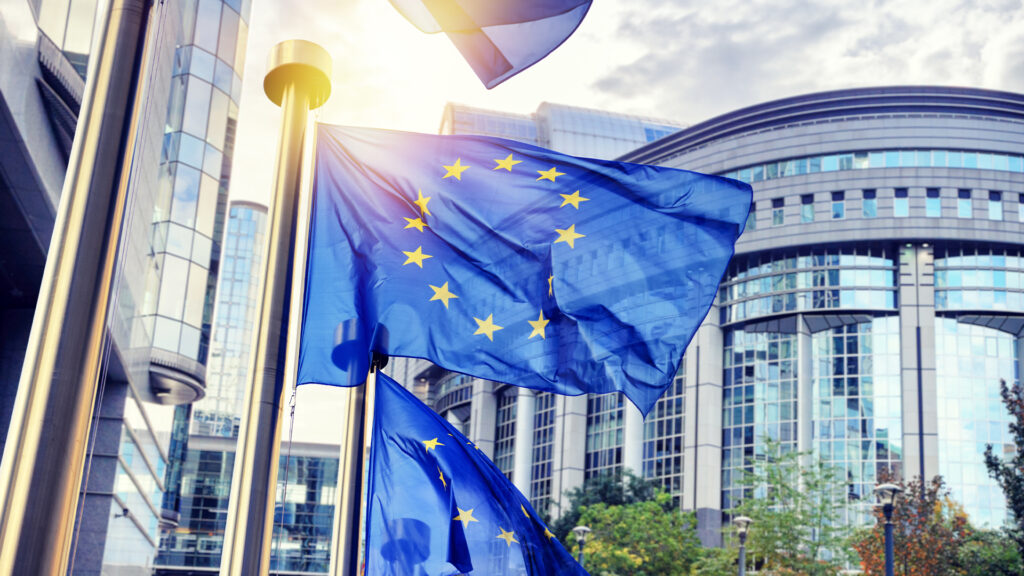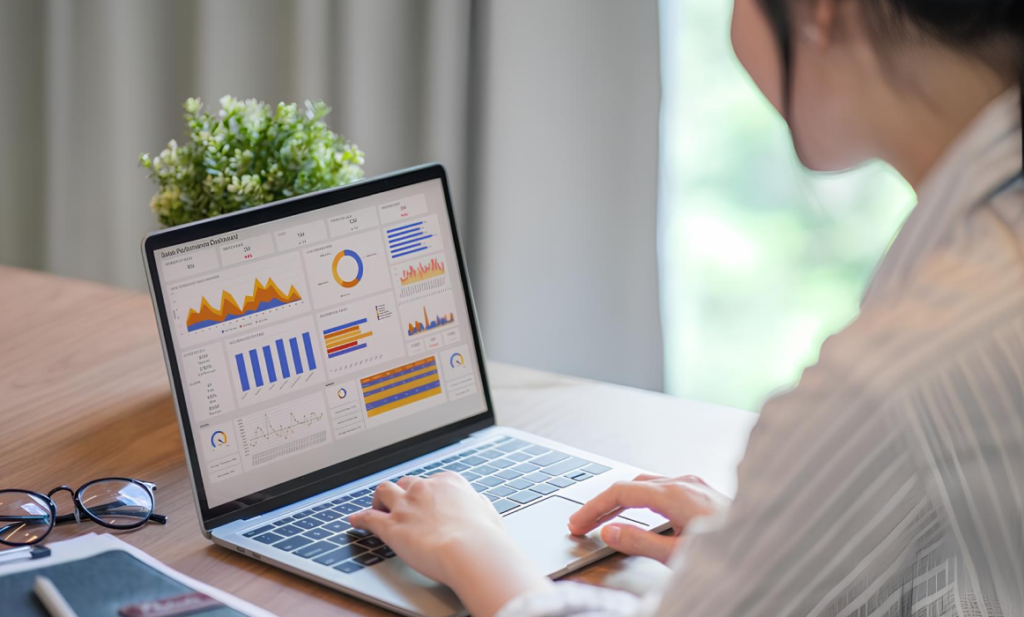By Martin Hamilton – senior manager in the International team at accountancy firm, Menzies LLP. Menzies LLP is a member of HLB International, a global network of independent advisory and accounting firms.
The effects of Brexit and the global pandemic continue to have a ripple effect on UK-based businesses that are trading internationally. As well as managing the day-to-day challenges that accompany such activity, they need to put in place a new strategy for a more volatile trading environment.
Importing and exporting goods has become much more challenging for businesses for a variety of reasons. As well as having to contend with significant global supply shortages affecting certain goods, such as timber and semiconductor chips, uncertainty generated by factors such as cost inflation, forex volatility, geopolitical tension and significant shifts in demand brought on by the pandemic are having a dramatic impact across many markets.
Many businesses have already taken steps to protect margins and increase certainty by fixing prices for key supply agreements for the short to medium term. For businesses where consumption has dipped during the pandemic, there may be a tendency to shorten supply chains in order to reduce costs and improve reliability. For others where demand levels have increased, it remains important to leverage volume orders by shopping around for the best deals possible. Worker shortages, skills shortages and increased employee costs are also posing a major challenge in some sectors, further disrupting supply chains by delaying goods movements.
Compounding the volatile trading environment, new border controls affecting import and export activity with the EU are now in effect. With new Border Control Posts only recently established, there is heightened risk of supply chain disruption, as well as additional costs and a greater administrative burden in the form of customs declarations. Further controls including physical checks at Border Control Posts and Inland Border Facilities, plus Safety and Security Declarations will continue to be phased in this year.
To remain compliant, businesses trading with the EU need access to up-to-date advice about legislative and governance changes, which may have impacted their operational model, such as the new Rules of Origin and postponed import VAT accounting. Some businesses may also need access to specialist resources such as tax advice and support in preparing and submitting customs declarations.
Importantly, businesses trading internationally should review their strategy to ensure it is fit for purpose in uncertain times. They should start by ensuring they have an accurate understanding of what their customers and other stakeholders need from them, and the conditions affecting their end markets. This should involve qualitative market research with key stakeholder groups, and the findings should be kept under review. Reviewing the cost base of the business is also a sensible move, which can often throw up opportunities to trim overheads and increase operational resilience.
In today’s uncertain world, strategic plans need to be fluid, so businesses can remain agile to sudden shifts in demand or financial changes that, if left unchecked, could undermine profitability. The use of data has never been so important, therefore ensuring there are systems in place to collect and review it will help to keep strategies on track.
Business leaders may also need to adjust their thinking to take account of how value systems have evolved during the pandemic. For example, in a world where skills shortages are rife, greater focus may need to be given to enhancing the company’s employer brand and finding new ways to attract and retain talent. Equally, a growing focus on environmental and social governance means businesses may need to place greater emphasis on measuring their impact on the planet and society as a whole. During the pandemic, many boards have taken the opportunity to review their priorities in order to focus more on non-financial outputs in a bid to differentiate the business and enhance its sustainability.
While the volatile trading environment requires businesses to look outwards – for example, on market and regulatory changes – it is important to focus internally too. Investing in people development strategies and enhancing employee incentives and remuneration will help to mitigate the risk of skills shortages and drive productivity. Investing in innovative technologies and systems can also improve efficiency and help to give businesses a competitive edge.
Running a business well by optimising profits and minimising the impact of cashflow shocks has become more challenging generally, but even more so for organisations that are trading internationally. Armed with a strategic vision and plan that is fit for purpose, businesses will be better placed to manage disruption and fulfil their growth potential.


























